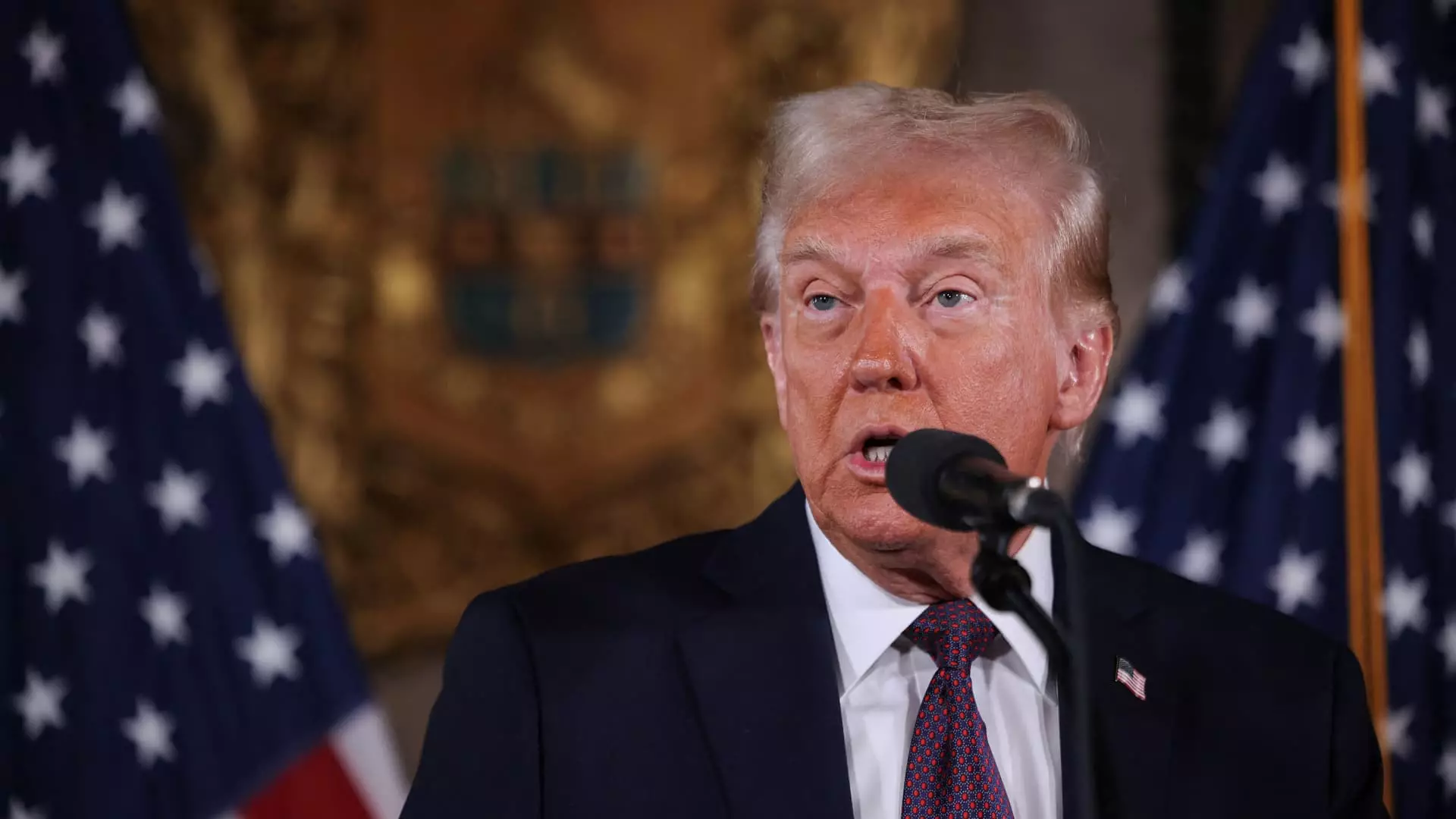The announcement by President-elect Donald Trump regarding a significant $20 billion investment to establish new data centers across the United States marks a pivotal moment in economic relations and investment dynamics. This initiative, which is backed by Emirati billionaire Hussain Sajwani, not only highlights Trump’s appeal to foreign investors but also offers insight into the broader economic implications of such investments. With promises of significant financial inflows and job creation, these commitments can reshape local economies while influencing policy and infrastructure developments in the years to come.
Sajwani’s investment will kick off in several strategic locations, including Texas, Arizona, Oklahoma, Louisiana, Ohio, Illinois, Michigan, and Indiana. The shallow yet impactful choices of these states are intriguing. Many of them are not just known for their economic diversity but also possess the necessary infrastructure to support large-scale data operations. The diversification of locations suggests a calculated approach to mitigate risk, ensuring coverage across various markets and potentially maximizing regional advantages. This move signals a growing acknowledgment of the U.S. as a viable investment frontier, particularly in technology and data management sectors.
This investment promise is reminiscent of previous commitments made by foreign entities upon recognizing favorable political climates. For example, Softbank CEO Masayoshi Son’s announcement of a $100 billion investment plan a mere month earlier underscores a trend where global leaders perceive a Trump administration as an opportunity for growth. Such investor optimism could be driven by expected regulatory shifts and incentives likely to accompany Trump’s policies, aimed at boosting foreign direct investment in the nation’s overall economy.
However, the rallying cry for foreign investment is accompanied by profound political implications. The fervor with which foreign businessmen express interest in the Trump administration can be viewed through various lenses. While on one hand, it demonstrates a degree of global confidence in U.S. business prospects, it simultaneously raises questions regarding dependency on foreign capital and strategic economic sovereignty. The warning bells of over-reliance on foreign investment could echo through U.S. industry if domestic growth via entrepreneurship is overshadowed. Moreover, as foreign investments receive encouragement through expedited permits for significant investments, concerns may arise about the implications of such preferential treatment, raising issues of national security tied to data privacy and technology infrastructure.
As the economic landscape evolves under Trump’s administration, the emerging narratives around foreign investments will undoubtedly take center stage. While they promise substantial financial boosts and developments beneath the veil of economic progress, it is crucial for policymakers to remain vigilant. Balancing these benefits against the potential risks allows for a holistic approach to foreign investment—one that nurtures economic growth without unnecessarily compromising national interests. Ultimately, how these investments shape U.S. infrastructure and affect everyday citizens remains a critical question for future endeavors.


Leave a Reply